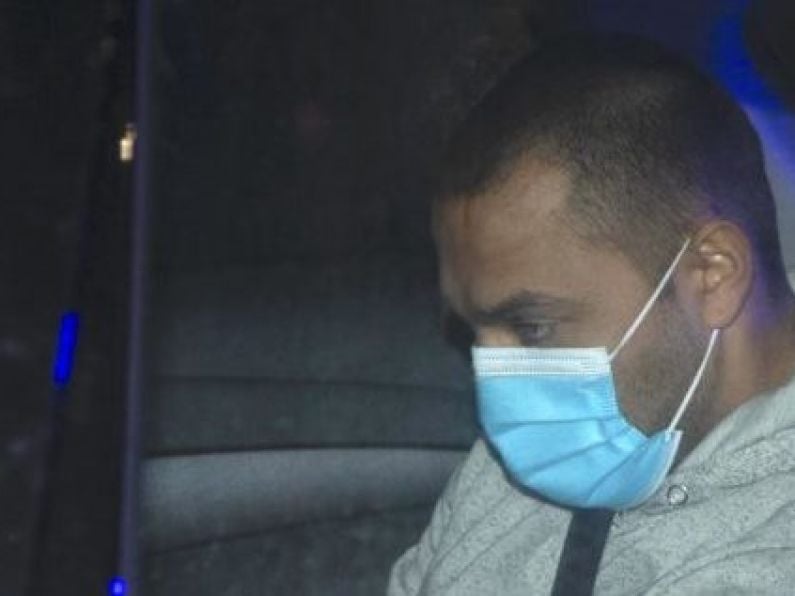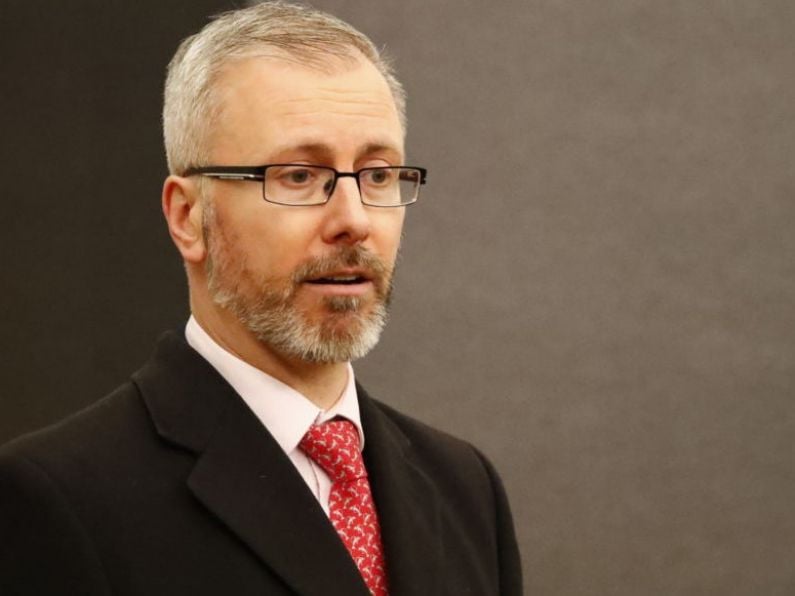The Government is being urged to prioritise the retention and recruitment of doctors.
In its pre-Budget submission, the Royal College of Physicians of Ireland (RCPI) says the Government must acknowledge and address the medical doctor retention crisis.
The RCPI says that in 2017, 300 Irish-trained doctors emigrated to Australia at a time when the Irish health system was under severe pressure.
This summer, Dr Niamh Humphries went to Australia to find out why.
"I interviewed 51 Irish-trained doctors about why they emigrated and what might encourage them back to Ireland. So the focus on retention is really in response to those findings," she said.
"They left Ireland in response to the poor working conditions in the Irish health system. What we're interested in doing is finding out what might encourage them back to Ireland and what might encourage doctors to remain in Ireland and not emigrate to countries like Australia."
This is a flavour of what these doctors, who are mostly in their 20s and 30s, told Dr Humphries:
- “As frustrating as the Irish health system is for patients who experience long waits for treatment, it is also difficult for the doctors who are trying to care for them. It’s the “constant apologising for the state of the place” according to one doctor. “Sorry you've been waiting for your appointment. Sorry your CT scan is not going to happen again today. . . Sorry that we can't find a nursing home bed for you”.
- “The [Irish] health service isn't functioning for anyone” one doctor explains. “It's not functioning for the staff or for the patients. . . That's why people leave” said another.
- One doctor mentioned the impact of overcrowding on their work environment - “pure overcrowding . . it was just dangerous. There's no other way to put it. . . you're there as a junior doctor trying to see all these patients, but then patients are also lined up on trolleys very close to you and you're trying to write your notes and you've got . . . people on trolleys, which is unacceptable.”
- “Within about six months of my job here [in Australia], I think I just started to enjoy it again” one doctor explained. “The work was different, and the lifestyle . . . the hours were very, very different. I think I just sort of enjoyed it for the first time in years, to be honest, enjoyed medicine and enjoyed my job.”
- Most mentioned the “ease of getting things done” in Australia, particularly in relation to access to diagnostics. “If I want to scan, scan happens. I don't have to argue with anybody to get it, I don't have to have the patient sitting in the bed for three days waiting for it. It just happens. And then I can get on with treating them” one explained.
Just 16 of the 51 doctors interviewed planned to return to work in Ireland.
Dr Humphries added: “They say that while the Australian health service is not perfect, the fact that it is better staffed and better resourced means that doctors can focus their time and energy on treating their patients and progressing their careers.
“The doctors I spoke to are thriving within a system where overcrowding isn’t the norm, where staffing levels are high, collegiality is standard and where work rosters allow for a healthy balance between work and life. But they also care about the Irish health system and are eager to contribute to change and to the development of a health system that will attract and retain Irish trained doctors.”
The RCPI's recommendations for the Government to address doctor retention and recruitment include:
- Improve working conditions for doctors in the Irish health system, specifically by addressing working hours and medical staffing levels and moving to a consultant delivered service rather than consultant led as recommended in the Hanly report of 2003.
- Address the differential salary levels for new entrant consultants and provide transparency in terms of salary levels so that emigrant doctors understand what is on offer in Ireland.
- Provide doctors with sufficient resources and support to enable them to do their jobs well. This will involve addressing medical, nursing, allied health professionals staffing levels as well as proving better access to diagnostics.
- Provide ample opportunities for flexible working for doctors at all grades/career stages – something which international health systems offer them. Contracts should allow scope to combine patient care with research, teaching and policy work that can also contribute to improvements in the health system.
Digital Desk






